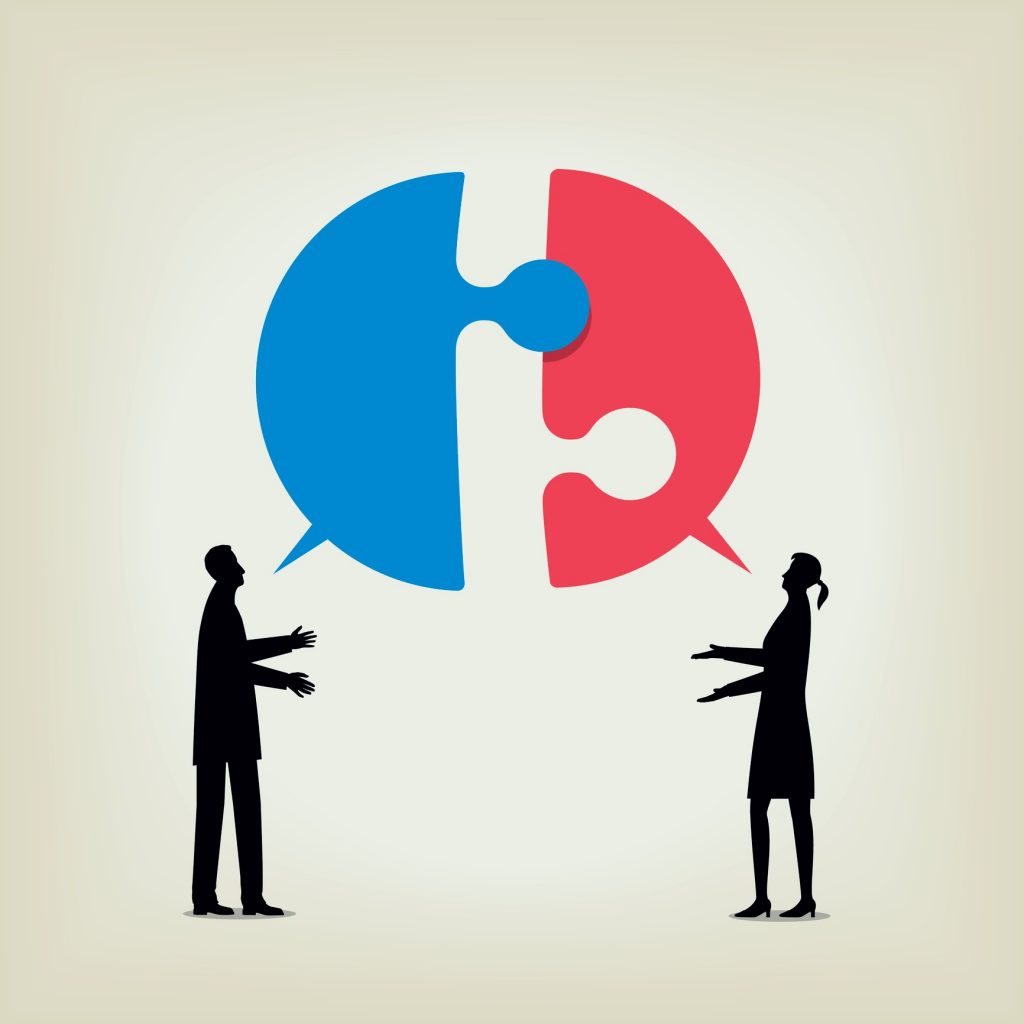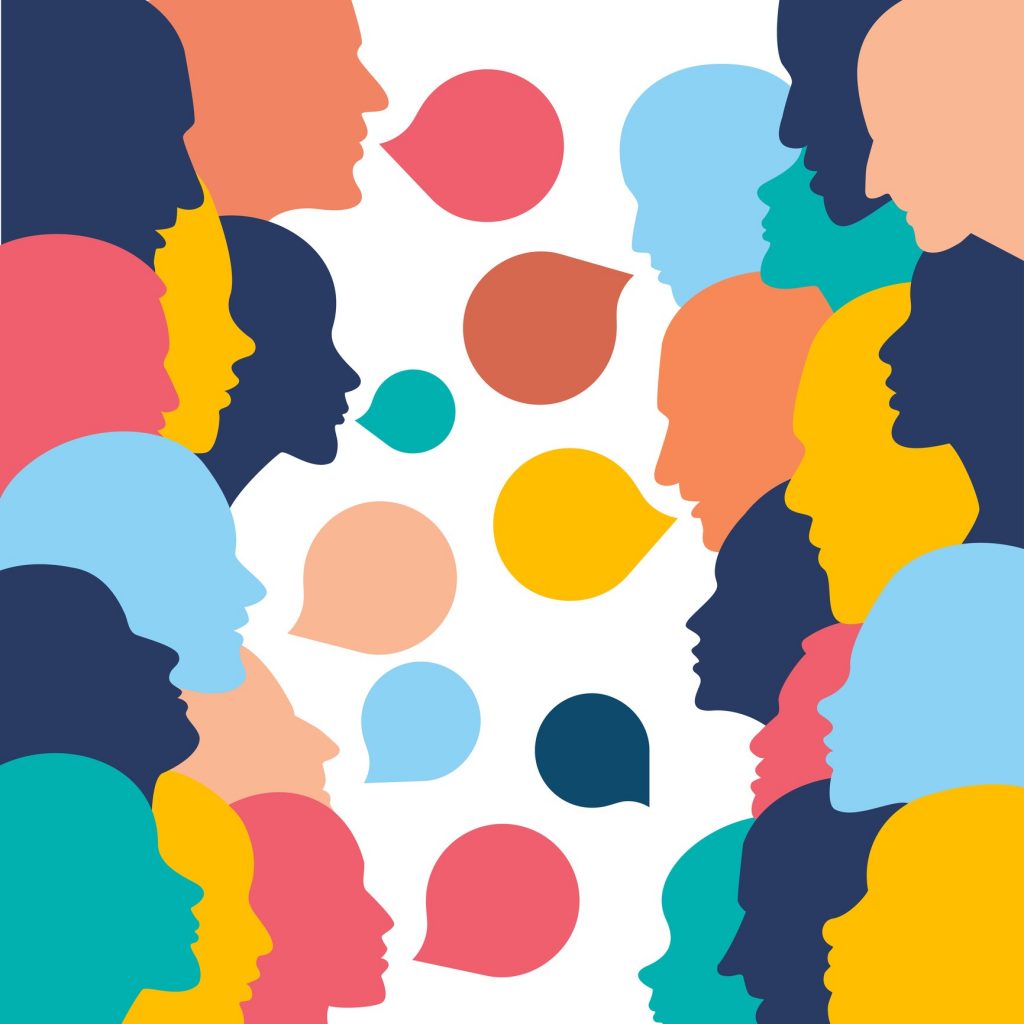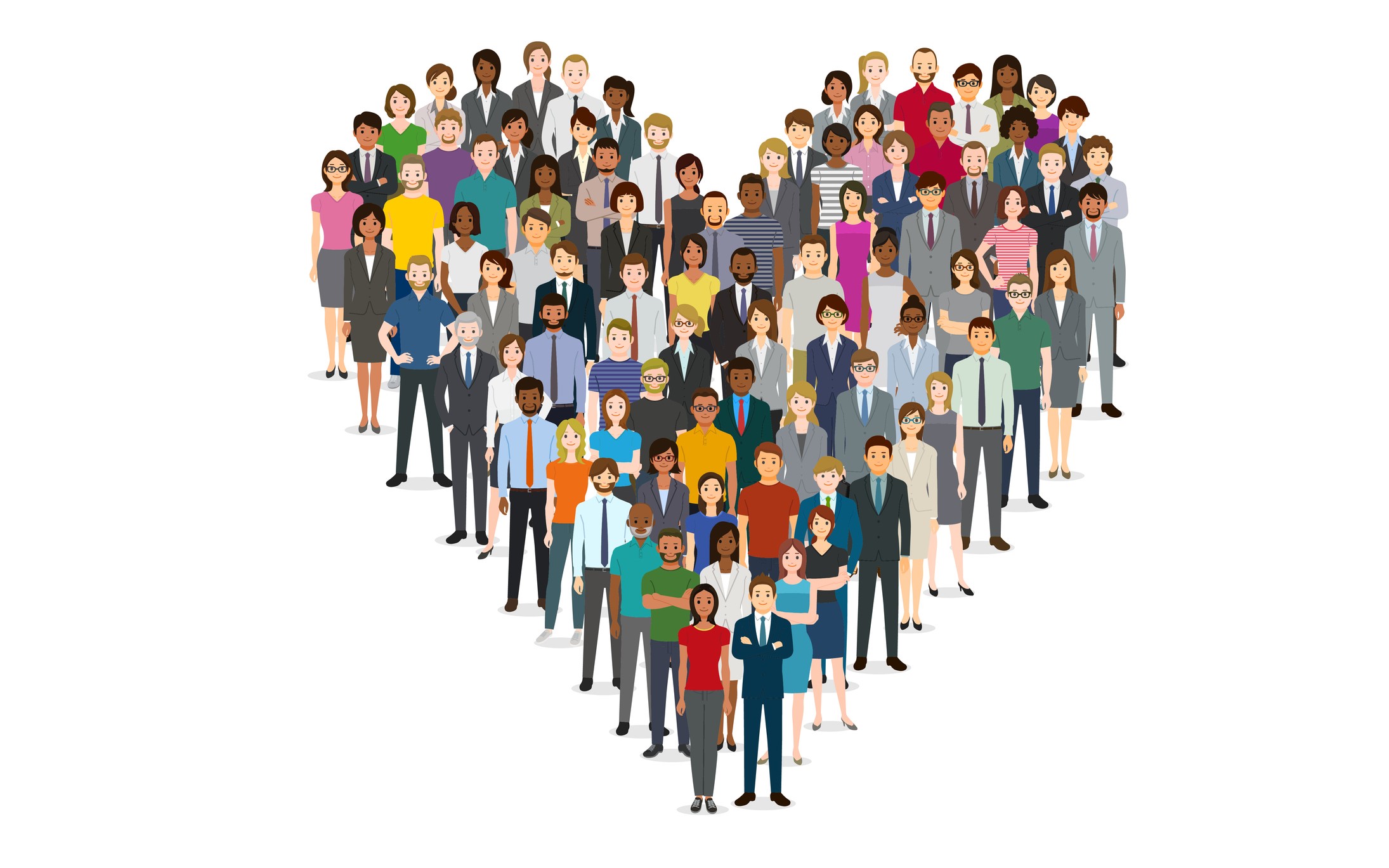Good connections breed success.
But, how do we define success?
Psychiatrist Robert Waldinger, the fourth director of the longest Harvard study on record, says that of an extensive survey of millennials when asked about their definition of success, 80% said that included being rich, and 50% of that 80% said fame was also a goal.
The twist?
These misconceptions about success haven’t changed much in 100 years.
The Harvard study began in the 1930s; several hundred men were examined in various ways from a very young age until their deaths. Half of the men were Harvard alum, and the other half were much less fortunate, growing up in some of Boston’s roughest and poorest neighborhoods at the time.
Whether rich or poor growing up, the happiest and arguably the most successful people ended up being those who knew how to have a healthy relationship. These participants had established and maintained healthy relationships throughout their lives; business relationships and personal relationships.
After examining these participants’ physical and mental health records at great length, it’s concluded that good relationships protect our brains and bodies, bad relationships are, in fact, bad for our health, and loneliness can kill.
It’s proven that those in happy relationships can withstand physical pain more and will, more often than not, weather old age better and live longer.
Maintaining healthy connections and positive relationships will improve every facet of our lives, whether personally or professionally.
So, in knowing this, what are the relationship rules?
How do we create good relationships; good customer relationships, employee relationships, and positive relationships with family and friends?
Maybe, even more importantly, after starting relationships and establishing relationships, how do we maintain relationships, so that new relationships become lasting relationships and eventually lifelong relationships?
That was a mouthful!
Here are the relationship guidelines that you must follow to establish new relationships, improve relationships that you already have, and uphold these relationships throughout your life.
#1 Label Emotions Accurately

First of all, we need to learn to label emotions accurately, says psychologist Susan David.
She uses another line that I really like, “Courage is fear walking.”
We need to get more comfortable with all our emotions towards ourselves and others, even the undesirable ones like sadness or anger.
Pause and think about your emotions; describe them in detail. We are not our emotions; they don’t control us. Instead, we control them. We can react logically by thinking about our feelings and labeling them accurately.
Logically is not pushing emotions aside. Too often, we push negative emotions aside instead of dealing with them head-on.
An emotion is something you feel but does not define you; just because you feel sad or angry doesn’t mean that you are a sad or angry person.
The more accurately we can define emotions and the more closely we can examine them before reacting, the better our relationships will be with ourselves and others.
#2 Be Present

To form deeper connections, we must go beyond texting and emails.
While modern technology has made communication more efficient, it hasn’t necessarily made it more effective.
Believe it not, letter-writing makes more of an impact now than ever. I’m not one of those guys who will tell you that a record player sounds better than multichannel surround sound, but as for letters, I can advocate a bit.
Think about when you write a significant other a love note or love letter on Valentine’s Day. Or you send a friend or family member a heartfelt message inside a greeting card on their birthday. You underline certain words, add doodles, and carefully consider your comments as you pen them.
When writing a letter, you recall specific memories and significant moments that you shared with the recipient and inspiring attributes that mean something to you.
Letter writing is about reflection, time, patience, and effort, where emails and texts are typically sent quickly and without as much thought behind them.
People tend to appreciate the letters you take the time to write; they remind them that they mean something to someone and often become keepsakes saved for years to come.
In her TED Talk, author Hannah Brencher discusses the power of a letter, how it saved her life and the lives of many others. Sad and lonely when first arriving in New York City, she took her mother’s love of letter writing and began leaving notes and letters all over the city for no one in particular. As a blogger, she then promised her audience a letter to anyone who asked; this eventually launched a global organization that puts letters into the hands of the people who need them most.
Another example is a video call vs. simply a phone call. While a phone call allows us to receive more of who that person is on the other end of the line than texting does, a video call gives us additional insight. In this way, technology has brought us closer when we cannot be there in person.
Say you are a manager hosting a conference call for your remote team; while sometimes it’s nice not to have to make yourself look presentable for a meeting, you and your employees will get more out of it if you can see one another. Video calls allow us to see non-verbal cues, such as smiling, frowning, or looking to object or add something to the conversation.
Video calls present a more authentic version of its participants, from how they react to how they dress and what objects we can see in their workspace that may paint a more vivid picture of their unique selves. Whether building business relationships or stronger family bonds, video calls are definitely something to take advantage of in 2022.
Lastly, seeing a person makes us feel more connected, less lonely, and presents us as ongoing participants in each other’s lives, whether it’s with your coworkers, friends, or immediate family.
However, there is no substitute for in-person meetings, physical contact, and the non-verbal connection we receive from simply being in the room with another person.
When you can, face-to-face interactions are best, whether for customer relations or family relations.
When you’re in front of someone, ask them meaningful questions. Then, listen to their answers instead of figuring out what to say next; this will allow you to reply with more exciting and meaningful responses.
#3 Shared Reality

To build better relationships, we need to learn how to disagree amicably.
World debate champion Julia Dhar says that a successful debate requires us to engage with the conflicting idea to find common ground and a “shared reality.”
Professional debaters will often have to argue for and against their own beliefs based on their assignment while initiating logical and thoughtful responses.
Dhar also says that face-to-face interactions are best, but we must take the person or group out of it. For example, if a staunch republican or democrat refuses to accept an idea based solely on it being from an opposing party.
We are blinded by the segregations we create.
Taking a more open-minded approach leaves you receptive to other ideas and allows you to analyze a broader range of data properly.
Darh says, work on your intellectual humility and embrace the possibility of being wrong. If we follow this relationship advice, we will have more meaningful connections with our friends and adversaries.
#4 Master Speed

Eilkrankheit is a German phrase that means hurry sickness.
Americans are particularly guilty of this; we are in such a rush to be a big success that we forego a meaningful journey.
Anthropologist Kathryn Bouskill tells us that “slow time” isn’t wasted. Instead, reflection is an essential tool in building a better you.
Take time out for yourself and give others your undivided attention when having a conversation instead of trying to multitask. Many experts will tell you that multitasking is counterproductive to success.
Sometimes speed is necessary, but don’t fall prey to the mistake that many of us are guilty of, making the go-go-go mentality synonymous with a highly productive or successful human being.
Instead of constantly trying to keep with the flow of traffic – what is the most comfortable speed for you to take everything in?
Learn, reflect, create, and connect.
#5 Learn a New Language (or improve your own)

The more words you know, the more you will connect with your true self and others.
Words allow us to give precise definitions of our thoughts and emotions.
So keep reading, and keep a thesaurus and dictionary nearby.
Journal often.
Carve out time to learn a new language.
While learning a new language can be difficult, or you may think it unnecessary because you live in a geographic location that predominantly speaks your own, learning a new language can break down barriers and build relationships.
Learning a new language can bridge the gap with other cultures, give you a broader scope of the world we live in, and help to cultivate new relationships throughout your lifetime.
There are many different types of relationships, figure out which ones are most beneficial in your life, and use the relationship management strategies above to maintain a solid foundation.
For more ways to form deeper connections and lasting relationships, go to www.CardsDirect.com.

